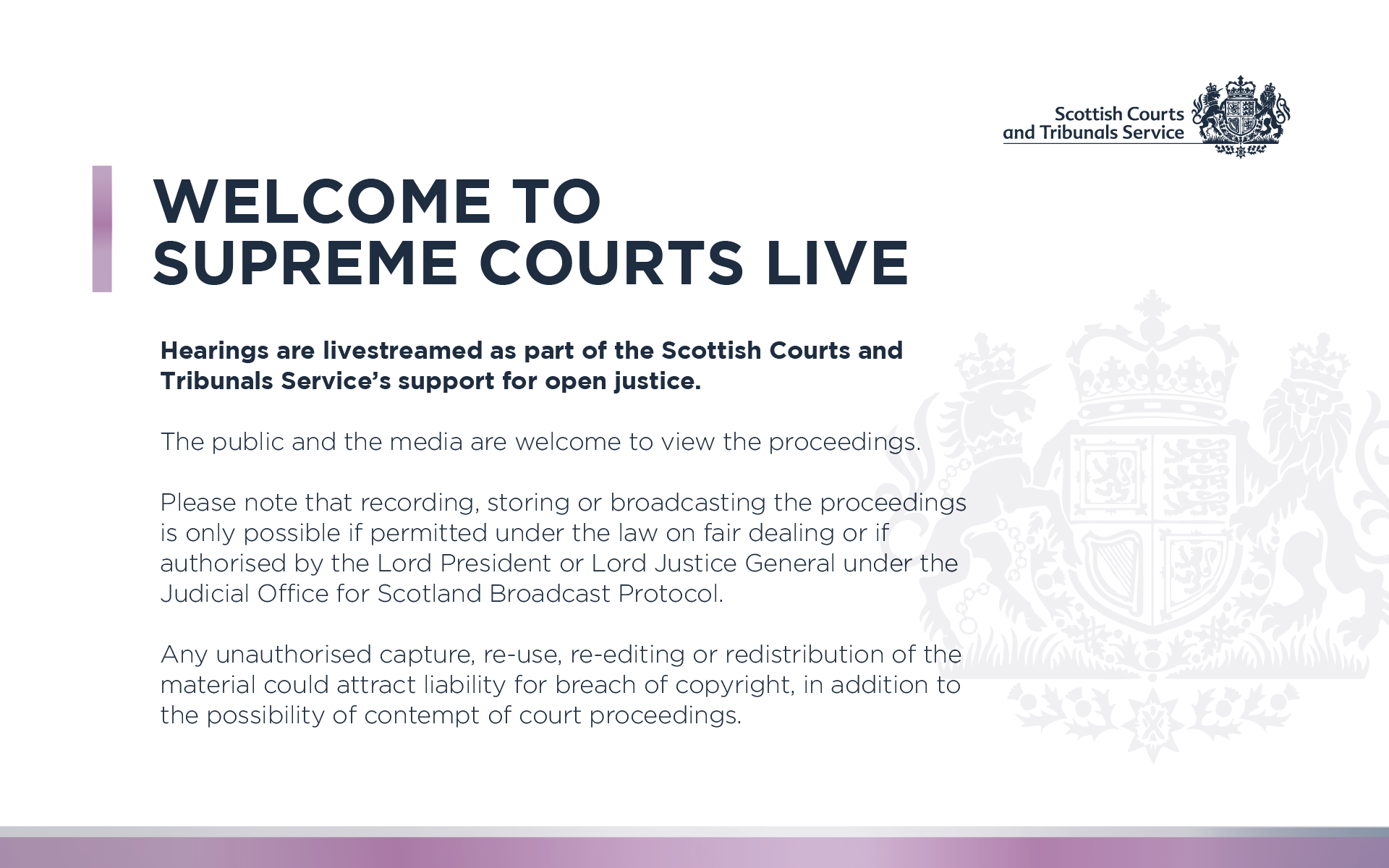Case description
The petitioner is the Presiding Coroner of Northern Ireland; he leads an Inquest into the deaths of Lawrence McNally, Anthony Doris and Michael Ryan, who died during military operations in Coagh, County Tyrone on 3 June 1991. The respondent was one of the soldiers in the “arrest group” involved in the military operation leading to the deaths. He is known by the cipher “Soldier F”, his true identity being protected by way of Public Interest Immunity Certificate.
The petitioner presented a petition and complaint to the Court of Session in connection with a certificate of default issued by the High Court of Northern Ireland on 13 September 2023, under section 67(5) of the Judicature (Northern Ireland) Act 1978. The certificate advised of the respondent’s failure to appear and give evidence at the Inquest. He failed to comply with a writ of subpoena issued by the High Court of Northern Ireland, and served in Scotland, which required him to attend and give evidence before the court on 31 July 2023. Only the respondent’s evidence remains to be given.
The petitioner considers the respondent to be an important and central witness with directly relevant evidence. He has refused repeated applications by the respondent to be excused from giving oral evidence on medical grounds. The respondent’s attempts to have the subpoena set aside have also been unsuccessful.
The Lord Ordinary rejected the respondent’s submission that the petition and complaint procedure was incompetent. She found the respondent to be in contempt of court having wilfully defied the subpoena and ordered that he be imprisoned for 6 months.
The respondent challenges the decision to impose a custodial penalty on two grounds. First, it was excessive; a non-custodial penalty was sufficient to meet the interests of justice in the whole circumstances of the case. Second, it gave rise to the risk of an immediate breach of the respondent’s rights under Articles 2 and 3 of the European
Convention on Human Rights. The latter point is said to arise due to difficulties in protecting the respondent’s identity while in custody. The respondent contends that the Lord Ordinary ought to have deferred the custodial penalty for an appropriate period to allow protective measures to be put in place.

